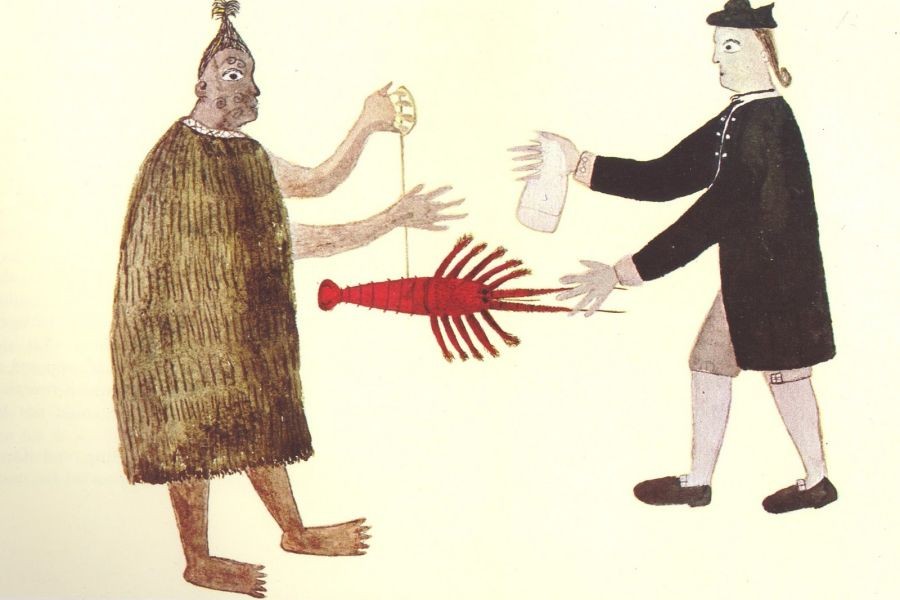In New Zealand, the preservation of Māori culture is not just a matter of heritage; it's a key component of the nation's identity and societal structure. Yet, despite the rich tapestry of Māori traditions and language, there is a pressing need for enhanced governmental support to ensure its survival and thriving. This article delves into why increased government intervention is necessary, examining the socio-economic implications and offering insights into potential future strategies for cultural preservation.
The Current State of Māori Culture in New Zealand
Māori culture, characterized by its unique language, customs, and traditions, represents the indigenous heritage of New Zealand. Despite its deep roots, Māori culture faces significant challenges. According to Stats NZ, only about 21% of the Māori population can speak Te Reo Māori fluently. This decline in language proficiency is a stark indicator of cultural erosion.
The New Zealand government has made efforts to address these issues, such as the Māori Language Act 1987 and the establishment of Te Taura Whiri i te Reo Māori (the Māori Language Commission). However, these initiatives often lack adequate funding and cohesive policy frameworks to be truly effective in reversing the decline.
The Economic Impact of Cultural Preservation
Preserving Māori culture isn't just about maintaining heritage; it has tangible economic benefits. The Māori economy is estimated to be worth $50 billion, with significant contributions to New Zealand's primary industries, especially in agriculture and fisheries. Enhancing cultural engagement can lead to increased productivity and innovation within these sectors.
Furthermore, tourism, which is a significant part of New Zealand's economy, greatly benefits from the unique Māori culture. The Ministry of Business, Innovation and Employment (MBIE) reported that cultural tourism generates substantial income, with international visitors spending approximately $1.7 billion annually on cultural activities. Protecting and promoting Māori culture can thus be a significant economic driver.
How the Government Can Enhance Cultural Protection
To effectively protect Māori culture, the government needs to implement robust policies and allocate sufficient resources. Here are some actionable strategies:
- Increased Funding: Allocate more resources to Māori language programs and cultural activities. This can include funding for educational institutions that focus on Māori studies and language immersion programs.
- Policy Integration: Ensure that Māori perspectives are integrated across all government policies, not just those explicitly related to culture.
- Community Engagement: Work closely with Māori communities to develop policies that are culturally sensitive and effective.
- Support for Māori Media: Invest in Māori media to ensure that the language and culture are represented in mainstream media.
Case Study: Success in Cultural Revitalization
Case Study: The Hawaiian Language Movement
In the 1980s, the Hawaiian language faced a dire situation similar to Te Reo Māori, with fewer than 2,000 native speakers remaining. The Hawaiian government, alongside local communities, implemented immersion schools and broadcast media in Hawaiian. As a result, by 2016, the number of Hawaiian speakers had increased to over 18,000.
This success story underscores the potential for governmental and community collaboration in cultural revitalization. It provides a blueprint for New Zealand, demonstrating how strategic investments and policies can reverse cultural decline.
Pros and Cons of Increased Government Intervention
✅ Pros:
- Enhanced Cultural Identity: Strengthening Māori culture reinforces national identity and unity.
- Economic Benefits: Cultural tourism and Māori contributions to primary industries can boost the economy.
- Social Cohesion: Promoting inclusivity and understanding between different cultural groups.
❌ Cons:
- Resource Allocation: Increased funding may require reallocation from other areas, potentially causing budgetary constraints.
- Resistance to Change: Some sectors of society may resist increased emphasis on Māori culture.
- Implementation Challenges: Effective policy implementation can be hindered by bureaucratic inefficiencies.
Common Myths & Mistakes
There are several misconceptions surrounding the preservation of Māori culture:
- Myth: Māori culture is only relevant to Māori people. Reality: Māori culture is integral to New Zealand's national identity and benefits all Kiwis through its economic and social contributions.
- Myth: Government intervention is sufficient as it is. Reality: Existing measures are inadequate, and significant improvements and investments are necessary.
- Myth: Cultural preservation hinders economic growth. Reality: Cultural preservation can enhance economic opportunities, especially in tourism and local industries.
Future Trends & Predictions
Looking ahead, there's a growing recognition of the importance of integrating Māori culture into broader societal and economic frameworks. By 2030, it's predicted that Māori cultural elements will be a standard part of New Zealand's educational curriculum, leading to a resurgence in language proficiency and cultural appreciation.
Moreover, with advancements in digital technology, virtual reality and AI are expected to play a significant role in preserving and promoting Māori culture. These technologies can create immersive experiences that bring Māori traditions and language to a wider audience, both domestically and internationally.
Conclusion: A Call to Action
The preservation of Māori culture is not just a cultural imperative but an economic one. For New Zealand to truly benefit from its rich indigenous heritage, the government must take decisive action. It's time to go beyond symbolic gestures and implement comprehensive policies that ensure the thriving of Māori culture for future generations.
What are your thoughts on the role of the government in cultural preservation? Share your insights and join the conversation below!
Related Search Queries
- Māori culture preservation strategies
- New Zealand cultural tourism impact
- Government policies on Māori language
- Economic benefits of cultural preservation
- Future of Māori culture in New Zealand

































roostersrollingbbq
10 months ago